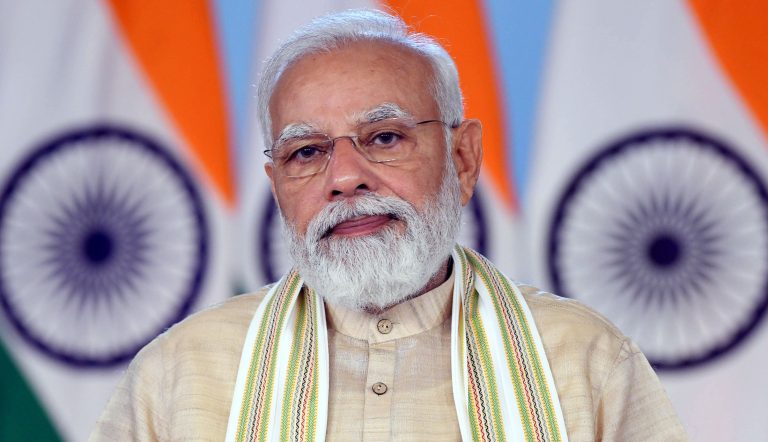‘Too early to predict Covid impact on railways’, says Piyush Goyal
Railways and commerce minister Piyush Goyal says the revival of global trade, severely impacted by Covid-19, will take some time. In an interview with HT, he speaks about milestones in the Narendra Modi government’s second stint and the impact of the pandemic on Indian Railways, among other issues. Edited excerpts:
In terms of the government, some very, very long-pending issues [have been take up] such as the abrogation of Articles 370 and 35A of Kashmir. The court in the same period solved the Ram Mandir issue. [Other milestones are] the triple talaq law and the Citizenship (Amendment) Bill.
We gave a lot of thrust to agriculture. PM Kisan was expanded to cover all farmers. Another Rs 1 lakh crore for farm gate infrastructure was announced.
We started the process of transformational policy change — like coal mining, which was finalised in the Atmanirbhar Bharat package and also approved by the Cabinet… In this whole period, the focus has been on a number of initiatives that would strengthen India in the long term, and present opportunities for people in agriculture, food processing, fishing, mining… [Efforts have been to] try and shrink the gap between rural and urban India.
During this period, the world economy was going through stress; trade wars were playing out…A number of factors worldwide made the global trade contract. And then it culminated with the Covid problem… We could not continue to grow as we would have liked to, but we look at this also as a challenge. We are very focused, as you saw from the Rs 20-lakh-crore Atmanirbhar Bharat package. It’s not about giving a short-term solution but to prepare India for the medium and long term.
The year 2019-20 saw the highest capex (~1.61 lakh crore) in the history of Indian Railways. PM Modi has consistently believed that railways can be the engine of growth. Therefore, 2019-20 got 20% additional funds compared to 2018-19… we have spent [between 2014 and 2019] nearly two-and-a-half times more than what was spent before the Modi government came. It’s been a continuous process of massive ramp-up, of modernisation, of improving punctuality and quality of catering services. The crowning glory of the year gone by is zero passenger fatality due to rail accidents.
That is one of the things we have to do to increase efficiency. It’s a part of the modernisation and efficiency improvement programme… And after we get free from this, we will be in a position to take this forward.
We have started 200 long-distance mail/express trains. We already started 30 Rajdhanis. Throughout this period, you would not have heard of a single incident of food grain shortage, or fertilizer shortage for farmers, or coal shortage for powerhouses because we continued to supply all this through freight trains…We also ran nearly 3,575 parcel trains to transport small quantities of agriculture produce, fruits and vegetables.
We have not done the math as yet and we will have to see how long this impact continues…The bookings are not too many. So, we will have to wait and watch. It’s a little early to predict the financial impact.
It has been a setback (in terms of infrastructure) for the past three months. We have to assess now how quickly we can…get the labour back on the job.
I think it’s going to still take time. The jury is out… it’s also intrinsically linked with the spread of the virus and what numbers we see going forward, and the vaccine and the cure for the virus. I think all estimates we made so far are continuously changing.
In terms of RCEP, India has presented its concerns before all RCEP members. Clearly, we believe that we have to protect our domestic manufacturers, our farmers, the MSME sector, our milk producers…unless there is a full resolution of our issues, it will be very difficult for us to get back on the negotiating table.
The major countries — the US, the UK, the EU — we were talking to are under severe stress. In fact, there is a lockdown in most of these places.






